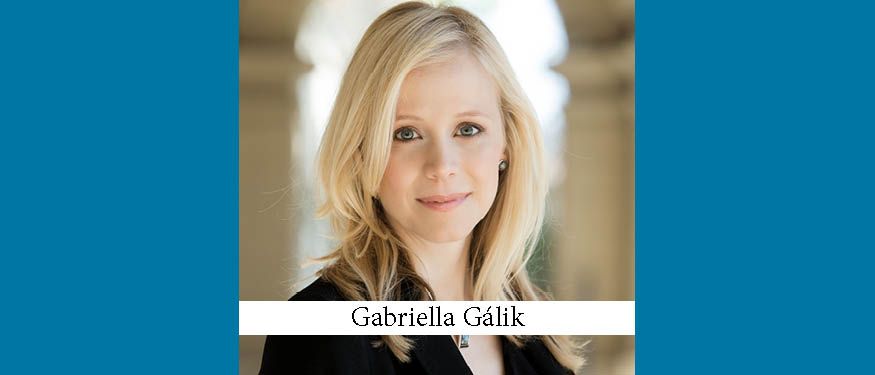At the end of October 2018, the Hungarian Government has submitted to the Parliament a bill on the amendment of the Hungarian Building Act and the Hungarian Copyright Act relating to the copyright of the architectural creations, technical facilities and their plans.
The bill clarifies the right to use and the economic rights of the authors in respect of the plans designed by employees of state architect companies operated before the Hungarian change of regime and aims at the transfer of such plan documentations to the Lechner Tudásközpont.
The bill determines the scope of the ‘national plan asset’, meaning the architectural-technical documentations of the architectural creations owned by the state and the municipality and all related right to use and economic rights of the author. In addition, the bill introduces the architectural copyright register held by Lechner Tudásközpont. As a result, in case of the alteration of a plan of an existing building, the consent to the alleration shall be requested from the person indicated as author in the register.
In case of architectural creations considered as orphan works (i.e. where the beneficiary of copyrights or the domicile of the beneficiary is unknown), the bill would enable that in case the request for use has been submitted by the owner of the building, the permit of the Hungarian Intellectual Property Office for use would also cover the adoption of the architectural creation, and it may be extended once for request. Furthermore, the bill defines a new free using case ensuring the reproduction of the building, drawing or building plan and making them available for the general public without any permit, free of charge for the purpose of the restitution of the building.
By Gabriella Galik, Partner, KCG Partners Law Firm
